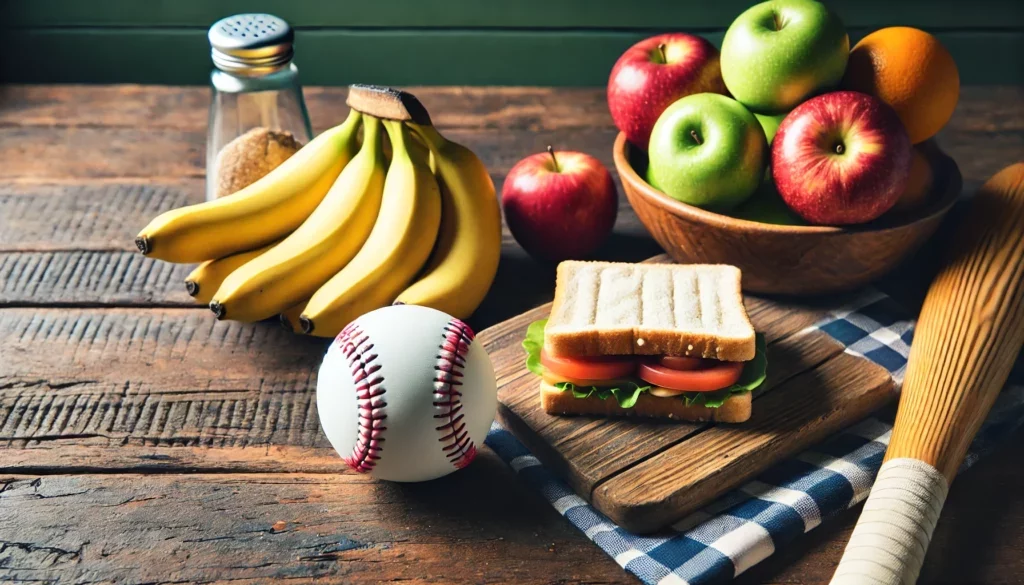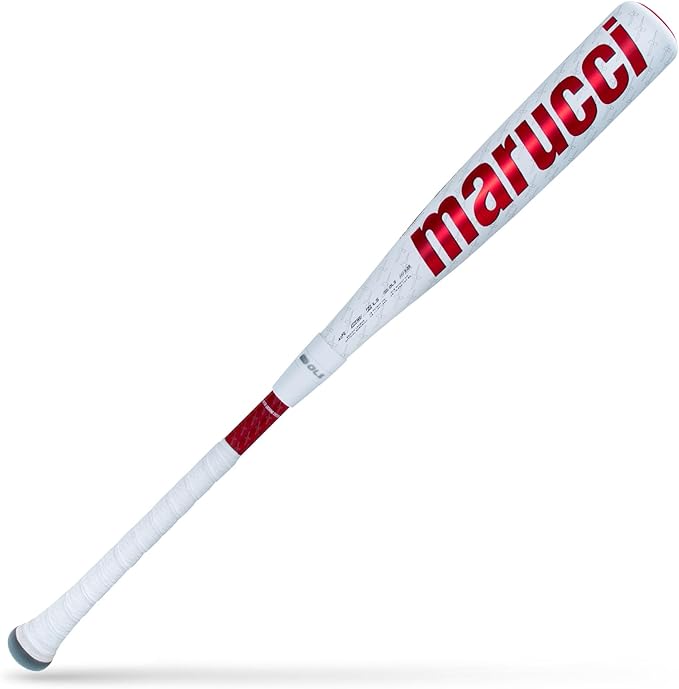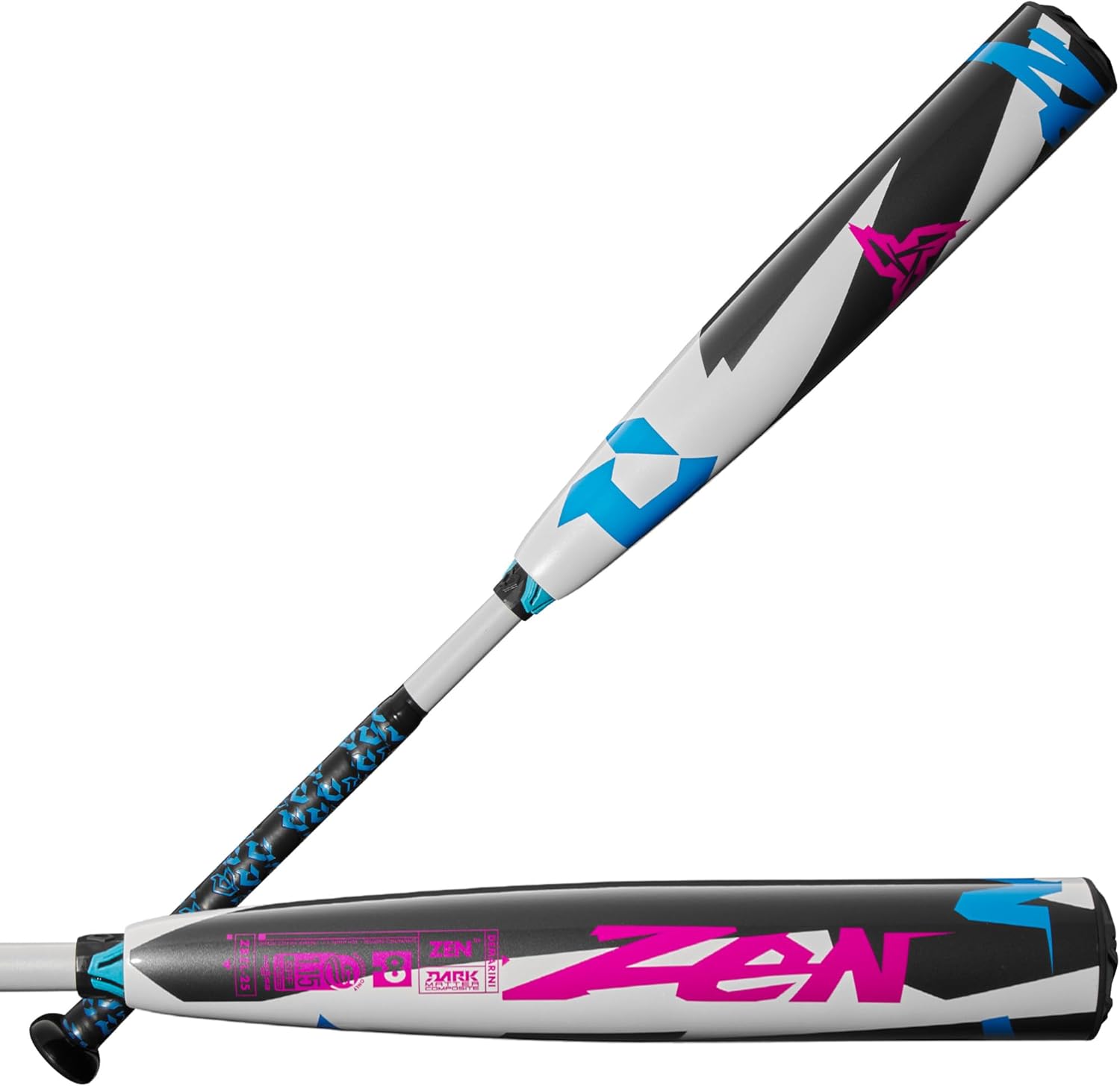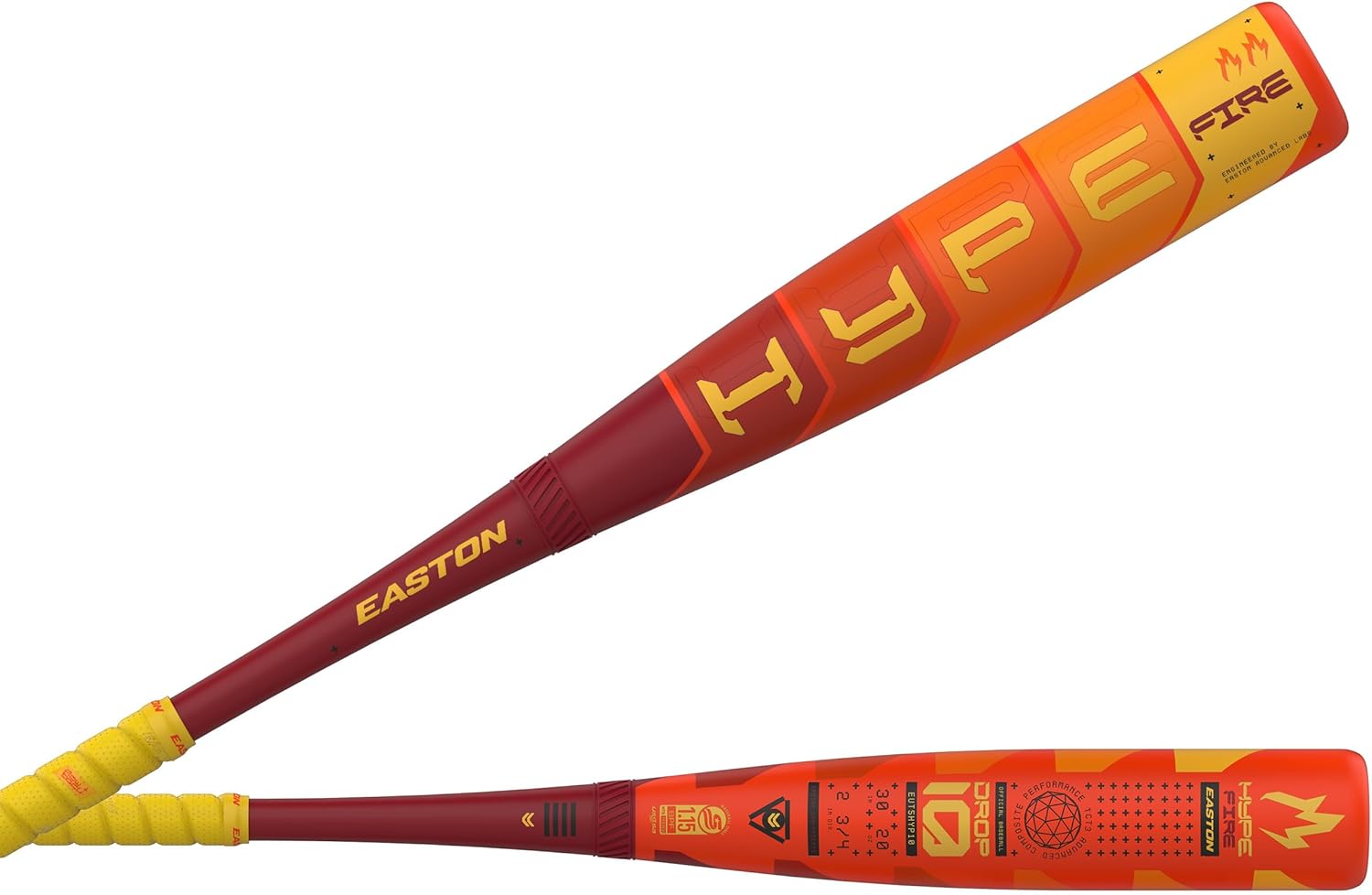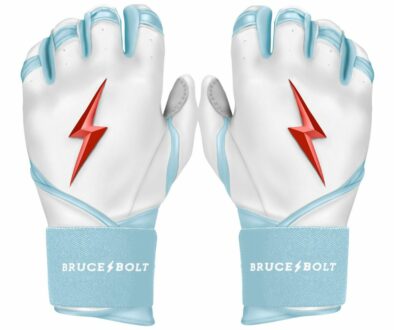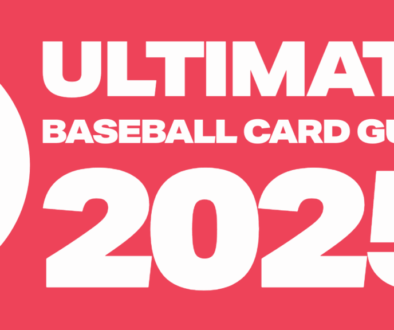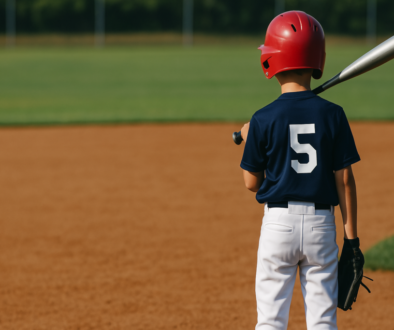Fueling Young Athletes: Nutrition Plans for Youth Baseball Players
Introduction Proper nutrition is crucial for young athletes, providing the energy they need to perform at their best and recover from intense physical activity. For youth baseball players, a balanced diet tailored to their training and game schedules can significantly enhance performance and growth. This blog explores essential nutritional strategies to support the needs of young baseball players.
1. Understanding Basic Nutritional Needs
- Calories: Young athletes need more calories than their non-athlete peers due to increased physical activity. Calories should come from a balanced mix of carbohydrates, proteins, and fats.
- Carbohydrates: As the primary energy source during intense activities, a significant portion of a young player’s diet should include complex carbohydrates such as whole grains, fruits, and vegetables.
- Proteins: Essential for muscle repair and growth, proteins should be a staple in their diet. Sources can include lean meats, fish, dairy, and plant-based options like beans and legumes.
- Fats: Healthy fats are crucial for long-term energy, hormone production, and vitamin absorption. Sources include nuts, seeds, avocados, and oily fish.
2. Meal Timing and Composition
- Pre-Game Meals: Aim to eat a balanced meal 2-3 hours before the game. This meal should be rich in complex carbohydrates and moderate in protein but low in fat to ensure easy digestion.
- Snacks: Nutrient-dense snacks can help maintain energy levels during long tournaments or practices. Good options include fruit bars, yogurt, or a small handful of nuts.
- Post-Game Recovery: After a game, it’s important to replenish energy stores and aid muscle recovery. A meal or snack high in carbohydrates and protein (like a turkey sandwich or a smoothie with fruit and protein powder) should be consumed within 45 minutes after activity.
3. Hydration Strategies
- Importance of Staying Hydrated: Dehydration can significantly impair a young athlete’s performance and recovery. Players should drink water throughout the day, not just during and after games.
- How Much to Drink: General guidelines suggest that young athletes should drink at least half their body weight in ounces of water daily, with additional intake before, during, and after exercises.
4. Special Considerations
- Individual Needs: Each athlete’s nutritional needs can vary based on their age, size, activity level, and metabolic rate. Consulting a dietitian can help tailor a nutrition plan to individual needs.
- Supplements: While most nutritional needs should be met through food, some athletes might require supplements, like iron or vitamin D. This should always be managed by a healthcare provider.
Conclusion Nutrition is a fundamental part of a young baseball player’s training regimen. By focusing on balanced meals, proper hydration, and effective meal timing, players can improve their performance and overall health. As they grow and their training intensifies, their nutritional plan may need adjustments, emphasizing the importance of ongoing attention to their dietary needs.
This guide provides a foundation for understanding how proper nutrition can support young athletes, especially those involved in demanding sports like baseball.
